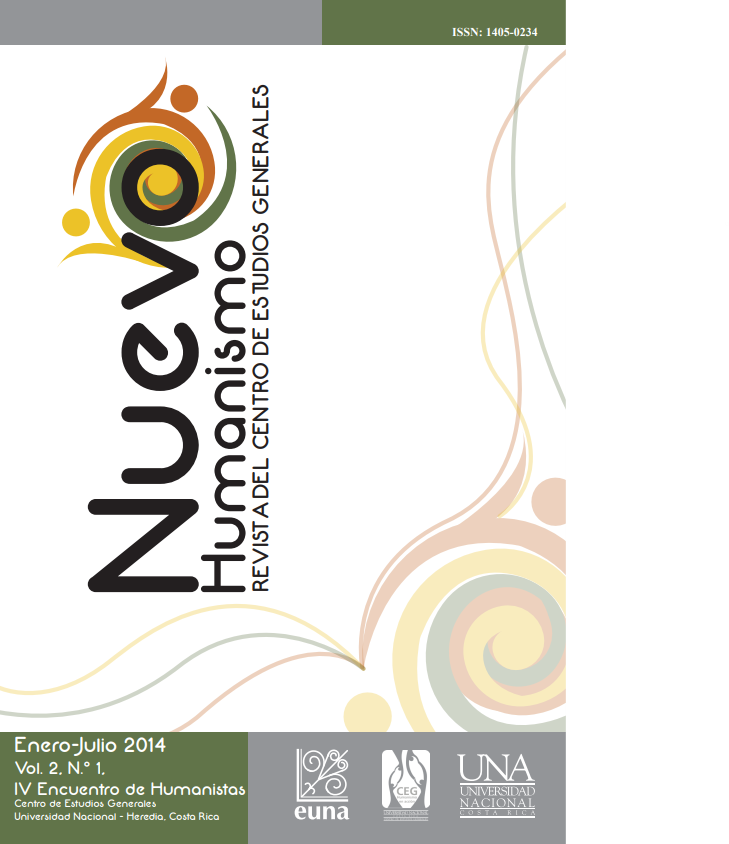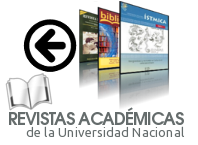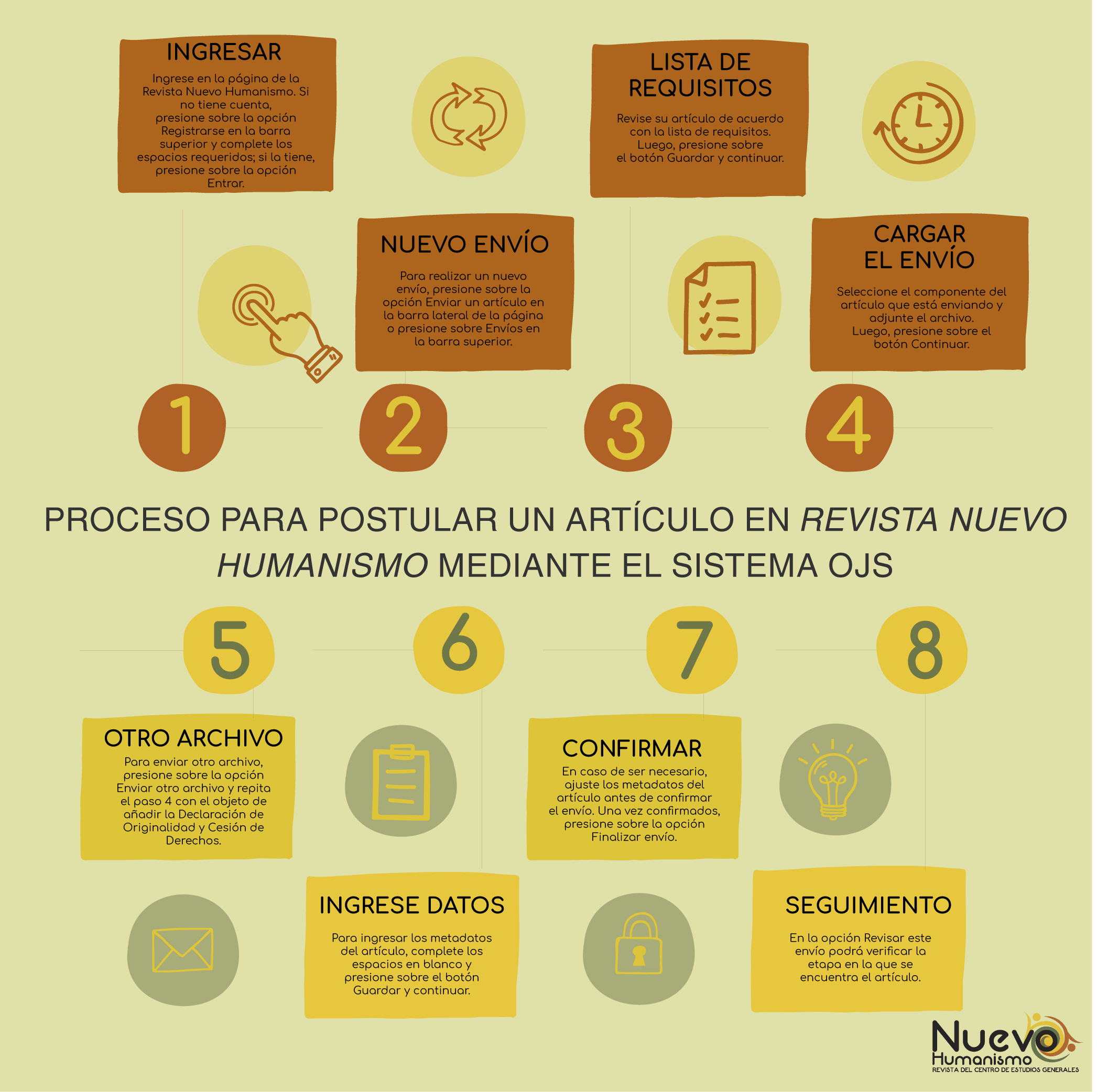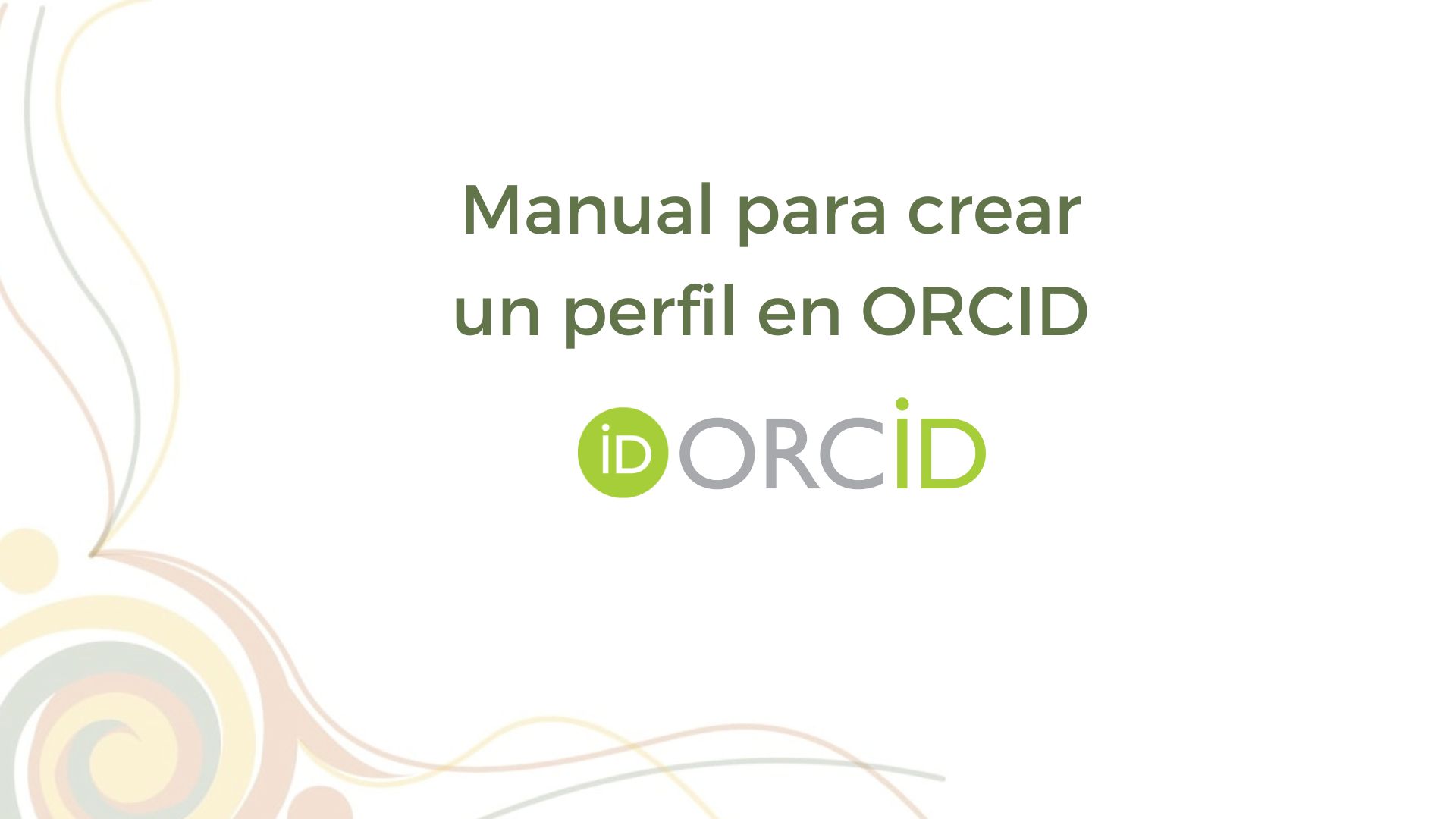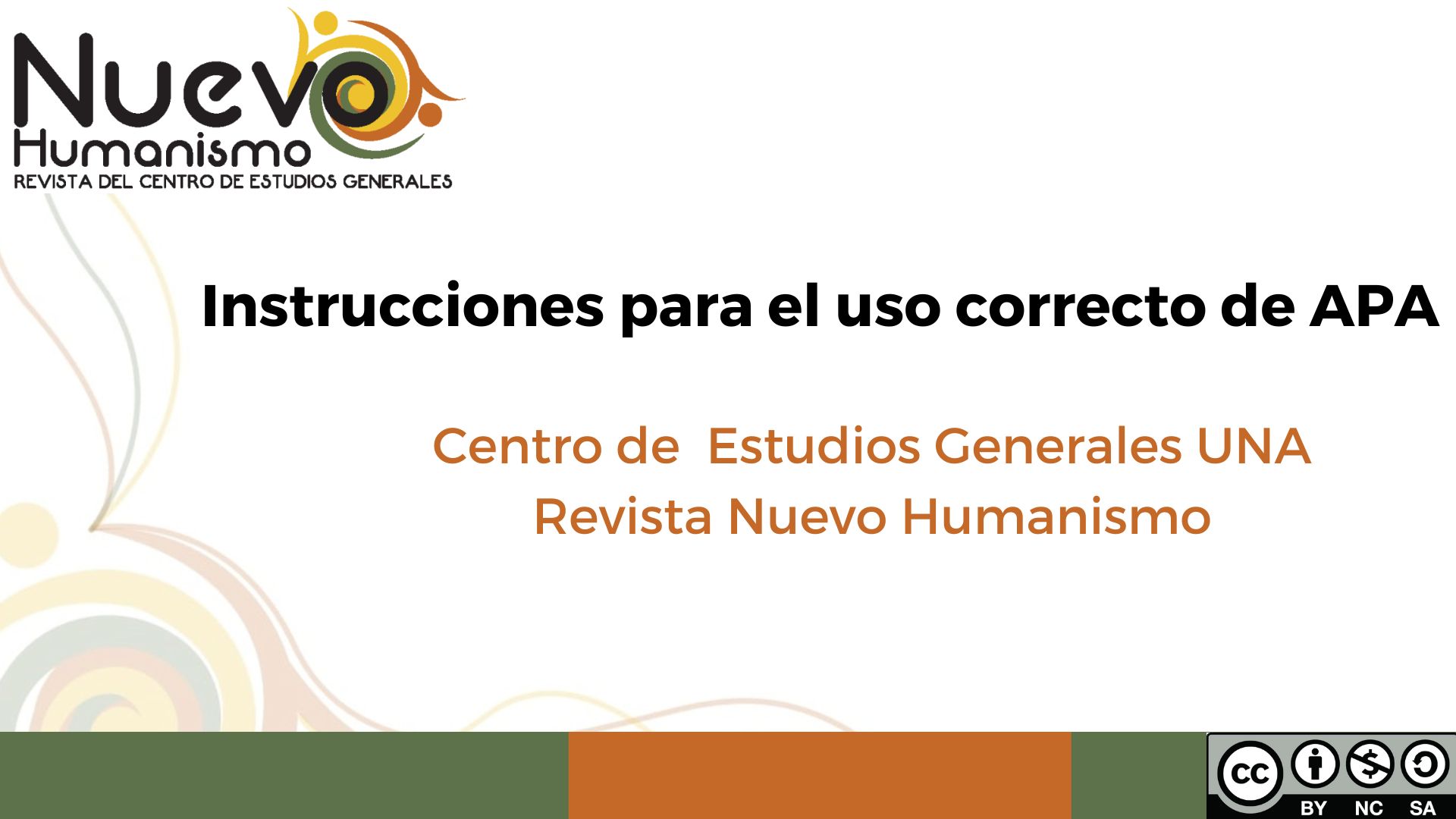Humanismo educativo en la sociedad del conocimiento
DOI:
https://doi.org/10.15359/rnh.2-1.2Palavras-chave:
sociedad de conocimiento, TIC, educación humanista, sociedad de información.Resumo
El paradigma humanista en la educación refleja el interés del ser humano por superar vacíos que la educación tradicional u otras ideologías han dejado en el ser. Por ello, el reconocimiento del potencial y las cualidades individuales representan una necesidad que debe ser abarcada y acatada por el sector educativo, con miras a brindar un mejor apoyo a la formación y consolidación pedagógica en nuestras sociedades. La contextualización de nuestra realidad educativa propone cambios de pensamiento y metodología ante las necesidades de la población estudiantil. Ante este panorama se dejan ver y escuchar movimientos encaminados a preparar y enfrentar al estudiante al contexto, lo cual representa un reto en la nueva sociedad de conocimiento, que requiere acciones concretas desde las aulas para la formación humana e integral.Referências
Aguilera, J. Galvez, L. (2004). La gestión educativa desde una perspectiva humanista.Buenos Aires: Ril.
CEPAL (Comisión Económica para América Latina). (2005). Políticas públicas para el desarrollo de sociedades de información en América Latina y el Caribe. Recuperado de: http://www.eclac.cl/publicaciones/xml/5/21575/Politicas%20Publicas.esp.pdf
Cumbre Mundial de la Sociedad de la Información. (2003). Principios de Ginebra. Recuperado de: http://www.itu.int/wsis/docs/geneva/official/dop-es.html
García, J. (s.f.). ¿Qué es el paradigma humanista en la educación? Recuperado de: http://www.riial.org/espacios/educom/educom_tall1ph.pdf
Gil, M. (2012, Julio - diciembre). Primer Congreso Nacional de Información para el Desarrollo: “Costa Rica hacia la sociedad de la información de todos para todos”: Informe final mesas de trabajo. E-Ciencias de la Información, 2(2) Recuperado de: http://revistaebci.ucr.ac.cr/volumenes/2/2-2/2-2-1nt/2-2-1nt.html
Ministerio de Ciencia y Tecnología. (2003). La Sociedad de la Información en el Siglo XXI: un requisito para el desarrollo. Buenas prácticas y lecciones aprendidas. España. Recuperado de: http://www.itu.int/wsis/stocktaking/docs/activities/1103547250/sociedad-informacion-sigloxxi-es.pdf
Patiño, H. (2007). La Universidad de Inspiración Cristiana en Tiempos de Poscristiandad. Recuperado de: http://books.google.co.cr/books?id=lqtSJlAA-xcC&pg=PA147& dq=educacion+humanista&hl=es-419&sa=X&ei=KJ-eUbnkC5L68QTcmYCoD A&ved=0CFsQ6AEwCQ#v=onepage&q=educacion%20humanista&f= alse
Sortilegios educativos (2009). Propuesta educación alternativa. Recuperado de: http://sortilegioseducativos.com/
Toledo, M. (2010). El resumen automático y la evaluación de traducciones en el contexto de la traducción especializada. Alemania: Peter Lang.
UNESCO (Organización de las Naciones Unidas para la Educación, la Ciencia y la Cultura (2005). Informe Mundial de la UNESCO: Hacia las sociedades del conocimiento. Ediciones UNESCO. Recuperado de: http://unesdoc.unesco.org/images/0014/001419/141908s.pdf
Unión Internacional de las Telecomunicaciones. (2003). Informe sobre el desarrollo mundial de las telecomunicaciones: Indicadores de acceso para la sociedad de la información. Recuperado de: http://www.itu.int/ITU-D/ict/publications/wtdr_03/material/WTDR03Sum_s.pdf

